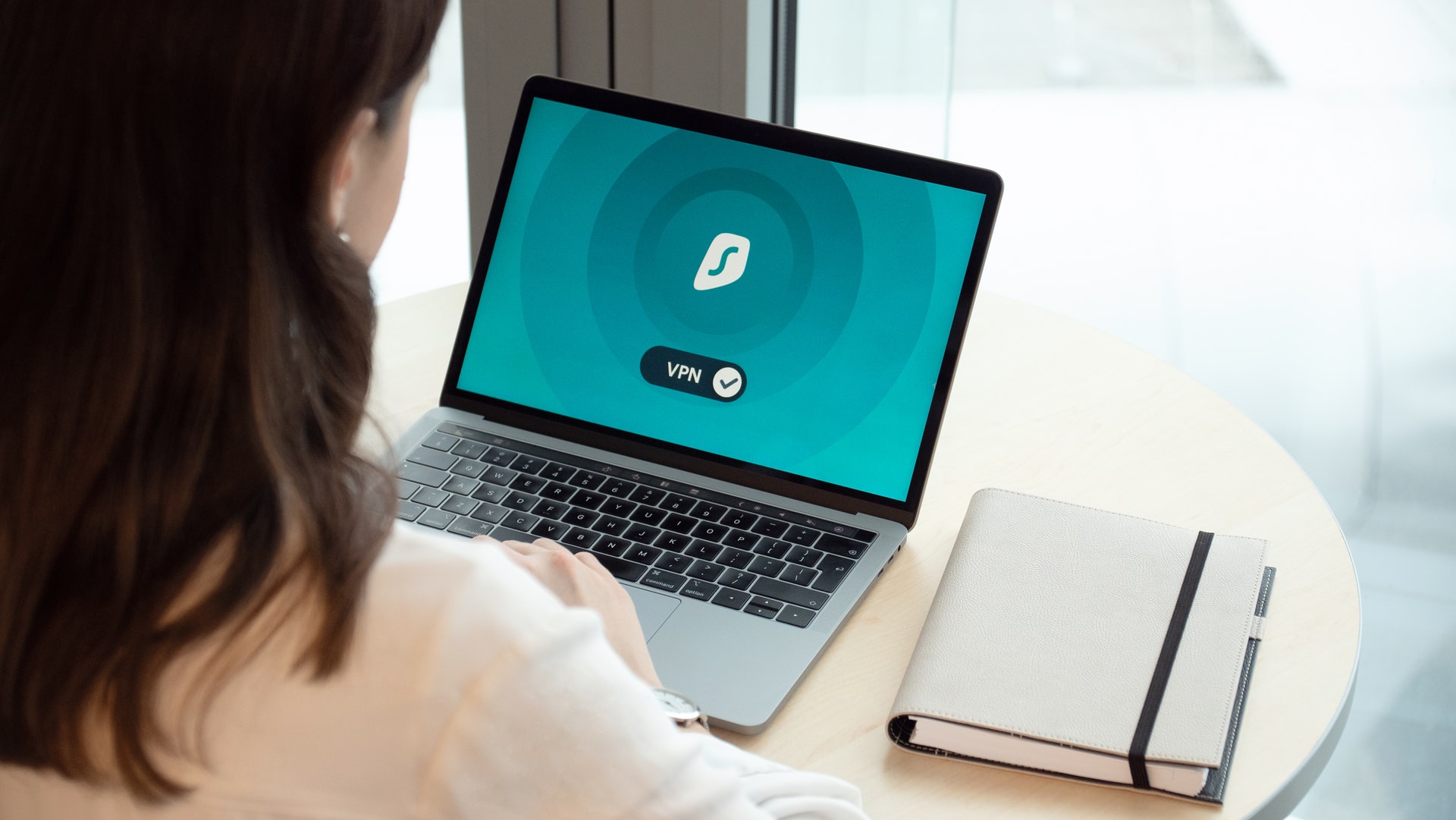Free Versus Paid VPNs: What You Need to Know

Free versus paid VPNs is a debate that hinges on the balance between cost and privacy. With a plethora of internet users vehemently concerned about their online privacy, VPNs have surged in popularity. A Virtual Private Network, or VPN, is an essential tool that encrypts your internet connection and hides your online activities, making it difficult for third parties to track you or steal your data.
Free VPNs are tempting because they offer this service without any financial investment. They are particularly attractive to the casual user who wants to mask their IP address while using public Wi-Fi or bypass geographic content restrictions. However, these free services often come with hidden costs. Free VPN providers may log your internet activity and sell your data to third parties as part of their revenue model. Additionally, free VPNs often have limited bandwidth, fewer server locations, and slower speeds due to high user volume.
On the flip side, paid VPNs typically promise greater privacy and security. By paying for a service, users can expect that the provider is using the revenue to maintain a robust network of servers, ensure faster and more reliable connections, and implement the latest security protocols. Paid VPNs also generally offer better customer support and advanced features like kill switches that cut your internet connection if the VPN drops, further protecting your data.
The main drawbacks of paid VPNs are the expense and the complexity that may come with additional features. Users must evaluate whether the cost is worth the perceived increase in quality of service and privacy protections.
Both free and paid VPNs have pros and cons associated with them. The decision of which to use depends on what you prioritize more—cost savings or stronger security measures. It’s important to research specific providers, read terms of service agreements closely, and consider individual needs before deciding which type of VPN is best for you. Remember: when something is free, especially online, you might not be paying with money but with something equally valuable – your personal data.



